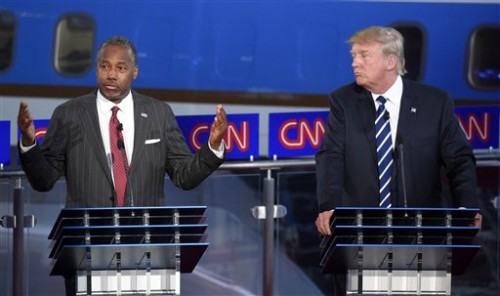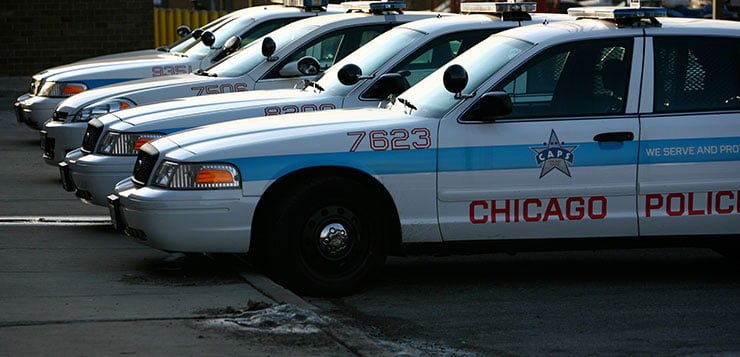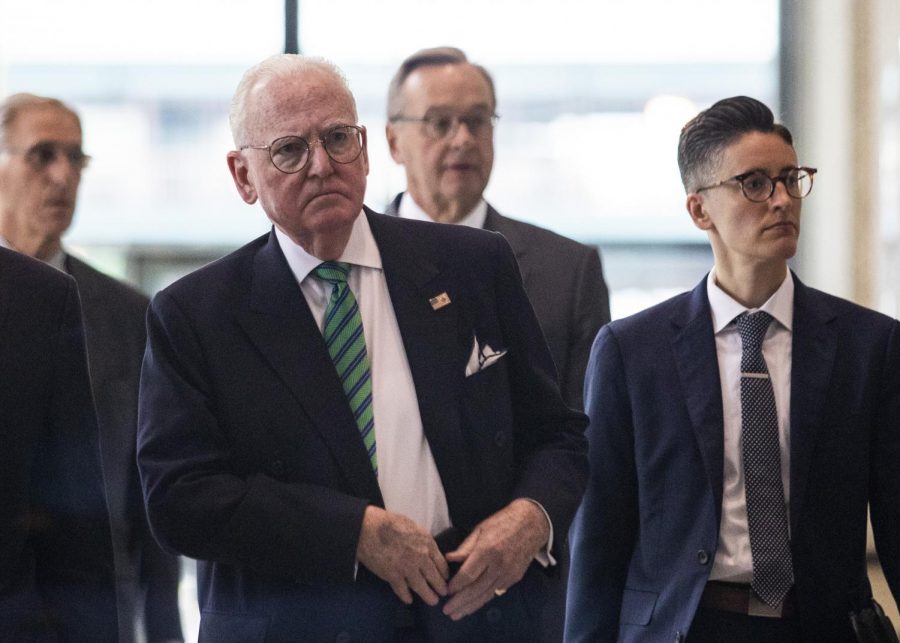
The race for president is not without a few interesting characters and scandals this time around, with Trump and Clinton leading the pack. Trump’s unique personality and Clinton’s email scandal have dominated the news cycle. Since the first Republican presidential debate in August, there have been major changes in the 2016 presidential race, and candidates seen as clear frontrunners have been overtaken.
A recent Quinnipiac poll showed Sen. Bernie Sanders, I-VT., leading Hillary Clinton in the Iowa Democratic Caucus. Democrats who took part in the poll found Sanders more “honest and caring,” according to the site, potentially foreshadowing an upset for the former Secretary of State.
The poll numbers for Sanders and Clinton have evened out since Clinton’s email scandal, which revealed that she used a private email server for work emails. Clinton formally apologized for the scandal, calling it a “mistake,” Sept. 8, but her campaign has been damaged if the poll numbers are to be believed; in July she led the Democratic poll with 52 percent.
“Her decline in the polls is not only related to the e-mail story. That’s part of it,” Bruce Evensen, director of the journalism department, said. “It’s why voters tell pollsters they find Clinton neither honest nor trustworthy nor particularly sympathetic to people like them. What’s also at work in these numbers is that she’s not a very good campaigner. The more she campaigns and the more money she spends on advertising, the worse she does in Iowa and New Hampshire.”
On Sept. 11, Rick Perry officially dropped out of the presidential race due to a lack of funding and the inability to pay his campaign staffers.
Ben Carson has overtaken Jeb Bush as runner-up in most polls of the GOP race, sitting at 21 percent behind Trump, who has the support of 27 percent of Iowa’s likely Republican Caucus participants. However, Wayne Steger, a political science professor at DePaul suggests that polls are really just an indicator of how a small representation of voters feel towards a candidate.
“It’s hard to know what drives polls, there are a lot of factors that go into them,” he says. “Just know that polls at this point are fairly fragile.”
Sanders has also been an interesting candidate to watch. Despite polling well in the primary season, Steger said, “it’s really hard to see Sanders winning the general election, he is not going to appeal to the middle. He’s too easy to attack for being a socialist. The republicans would slam him with it in the general election non-stop.”
Scott Walker has recently been campaigning in Iowa, considering himself a native after living there until the age of seven. Walker has been dropping largely in Iowa polls due to the perception that he has been flip-flopping on issues like Common Core testing.
A recent New York Times poll found that 66 percent of Democratic primary voters are ‘mostly satisfied’ with Hillary Clinton’s explanation about her personal email use. Despite this, Clinton continues to fall in the polls and is now within the 10 percent margin to Bernie Sanders. Some polls report Sanders has the lead and others report Clinton as the frontrunner.
Trump has also received a major spike in support over the last month, rising from 26 percent to 39 percent in a CBS poll. “Last time around, people thought Trump would rise and crash. That does not seem to be the case here,” Steger said. “He appears to be polling from all segments of the party, which is powerful. Carson is just getting support from Christians. He’s the guy who Cruz tried to be and failed.”
Steger also suggested that the candidate to watch would be Jeb Bush. “Money is a major factor,” Steger said. “Because of that Bush is going to be a force. No other candidate can match him, and that will allow him to dominate the airwaves.”
Similar to the 2012 election, there is a high likelihood that many established politicians like Perry are going to be forced to drop out and consolidate around a frontrunner.
“Bush, Kasich, and Rubio are really the top guys they would support,” Steger said.
However, the main goal here is to convince the electorate to vote, and though money is important in reaching voters, policies that support the average American are also important. Since the 2012 election, problems like income inequality and the shrinking middle class have garnered attention from the media and among activist groups around the country.
The potential anger of the electorate, as well as the problems they are currently facing, are not new, though it may have an effect on who is nominated from each party and the election itself. The middle class has seen “erosion” in their standard of living as well as stagnant wages, according to Evensen. For Republicans, there is also voter unrest because control over Congress did not slow down the Affordable Care Act, Planned Parenthood, the Iran deal and other plans important to President Obama and his legacy.
“In the spring everyone was predicting a boring campaign: Clinton was inevitable and so was Bush. Now it’s hard to find anyone who sees anything like an inevitability in that match up,” Evensen said. “Generally elections are won by candidates who offer the most positive campaign about the future rooted in reality.”






